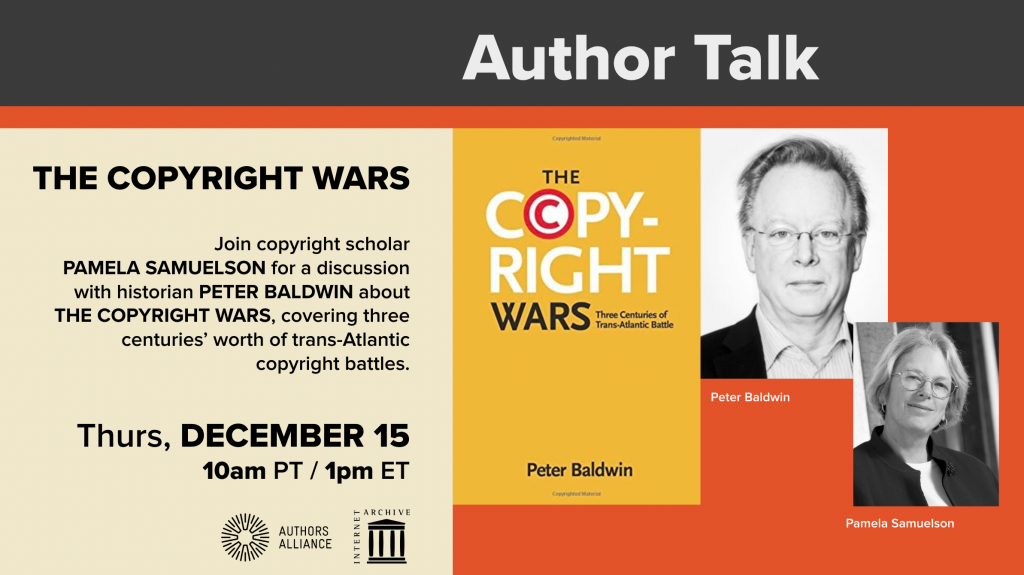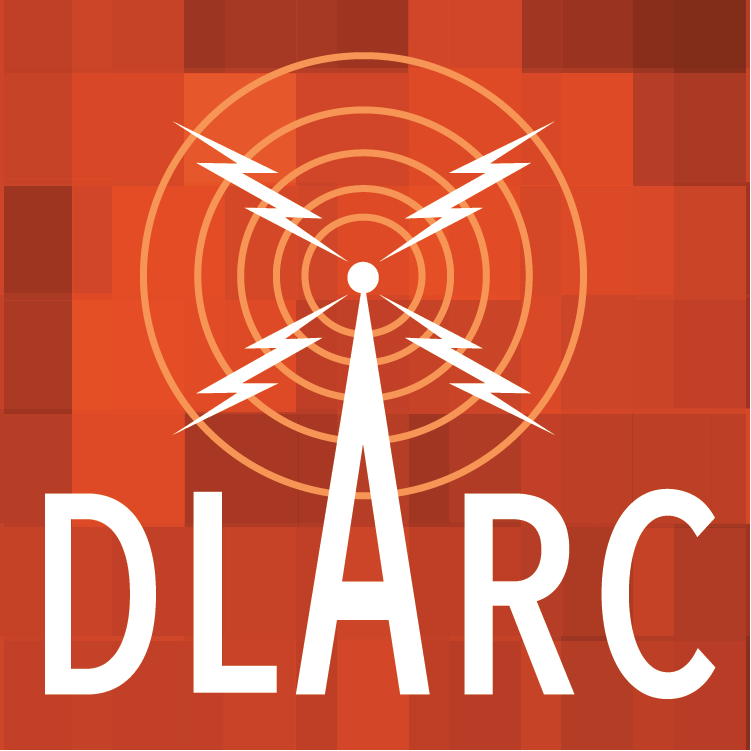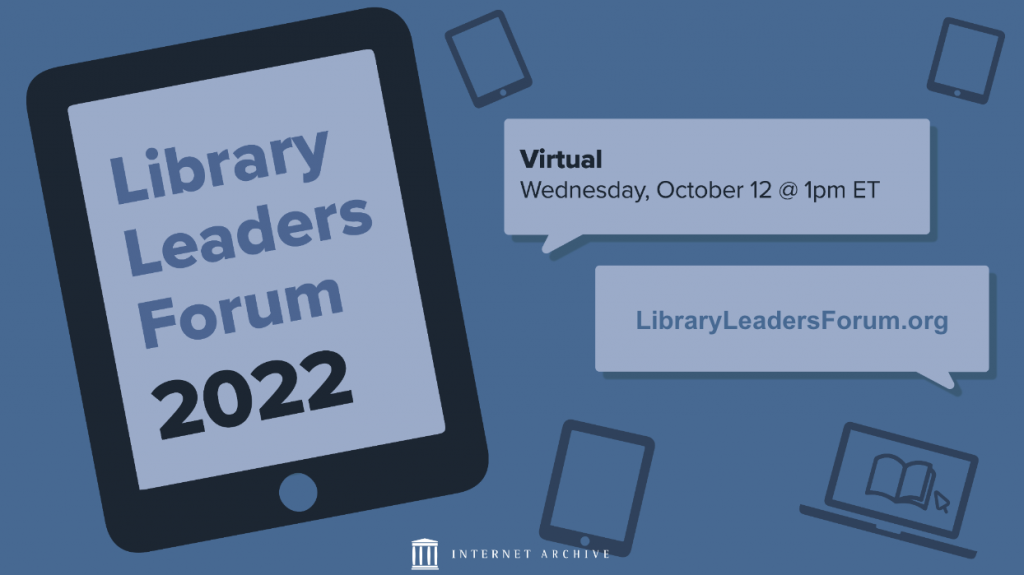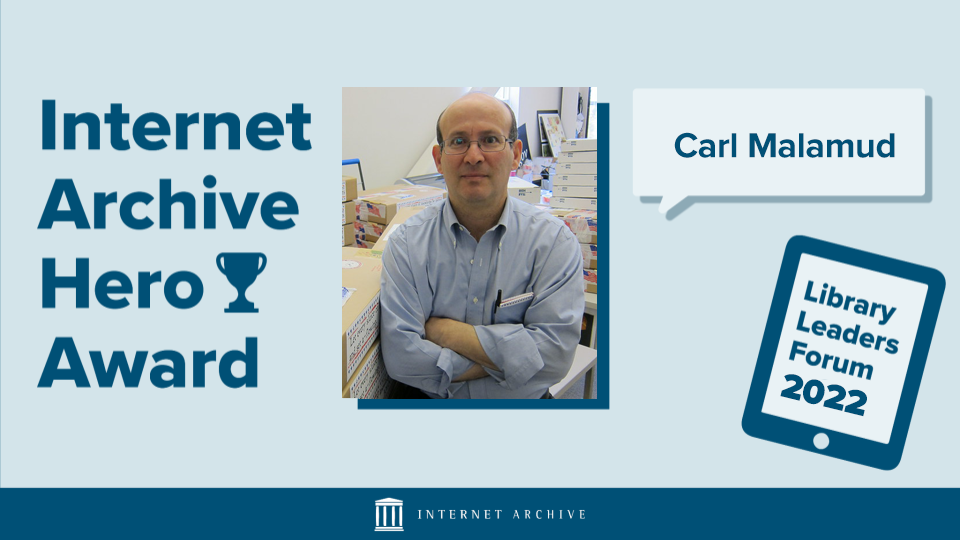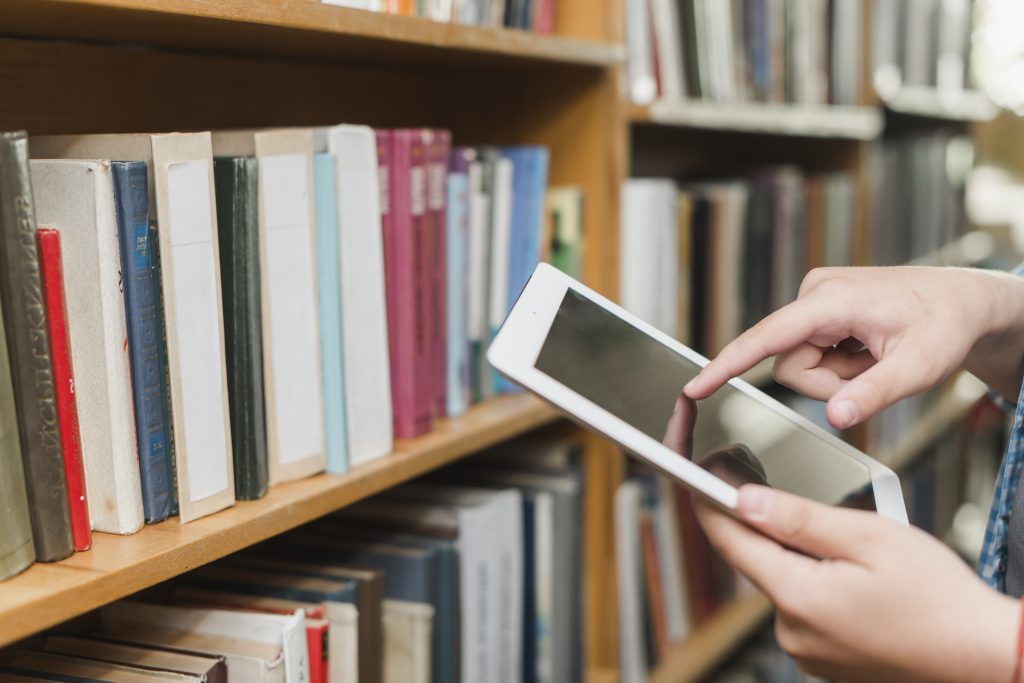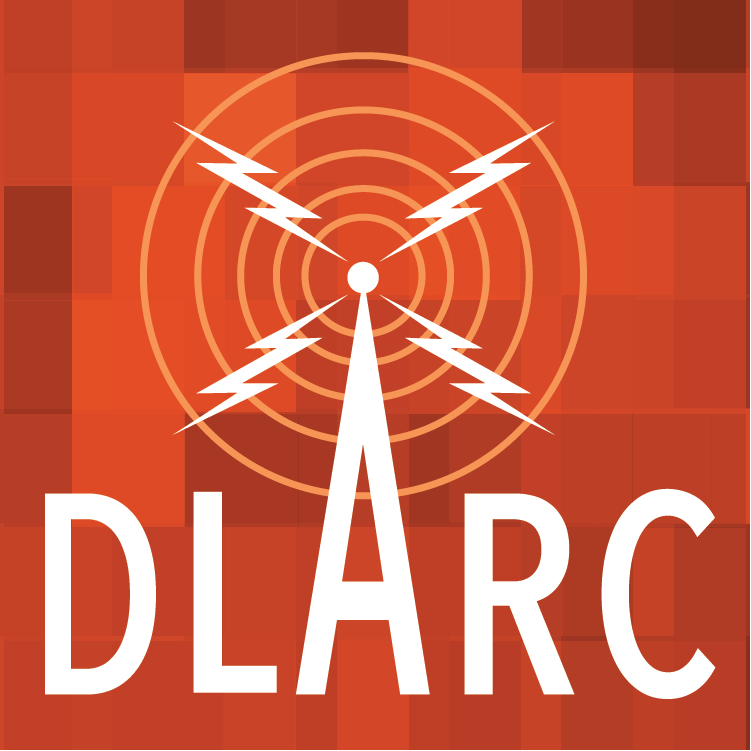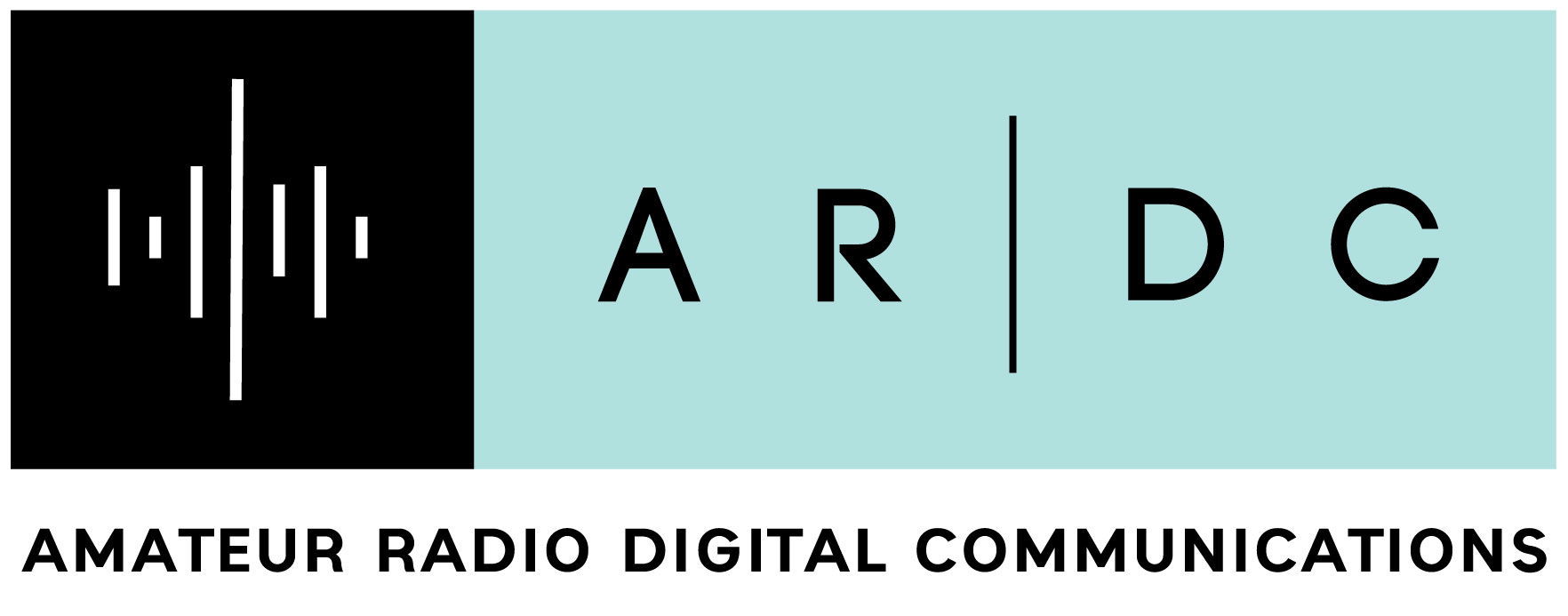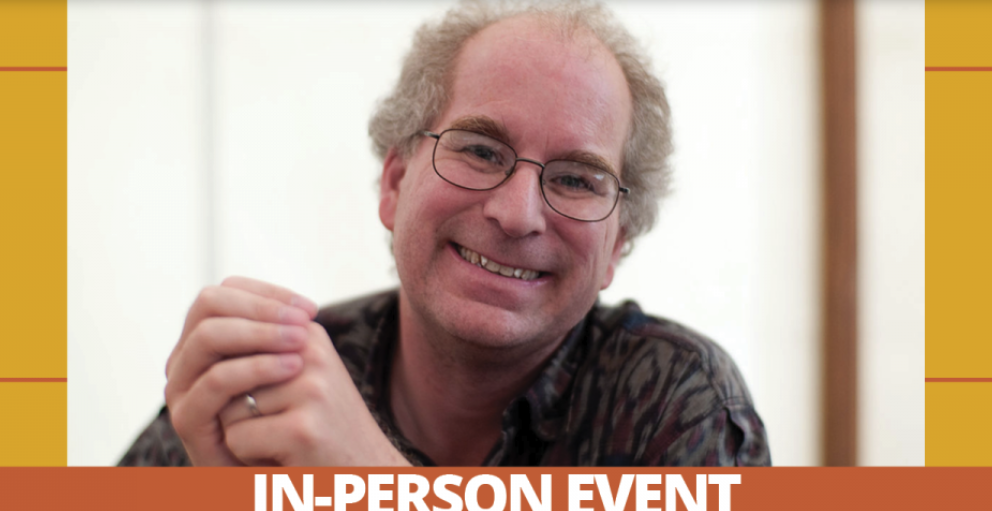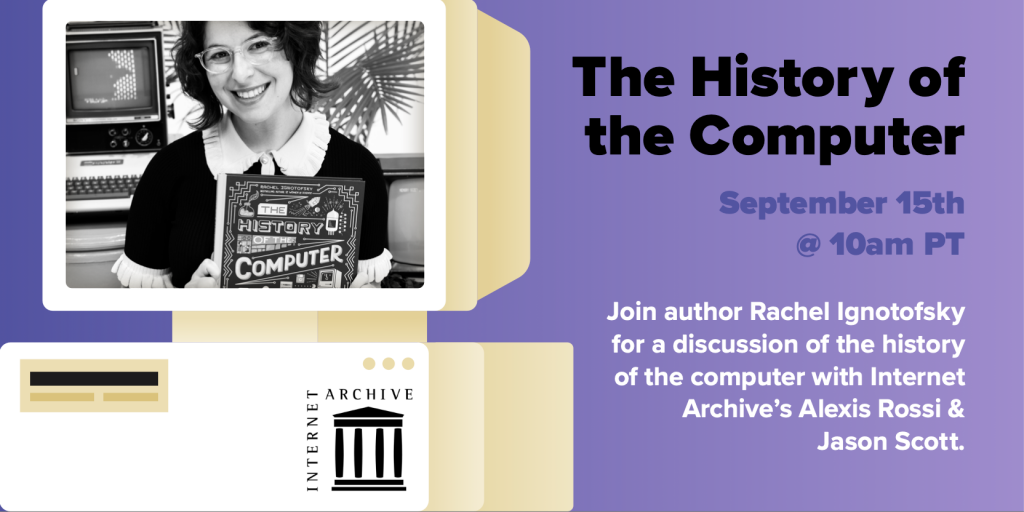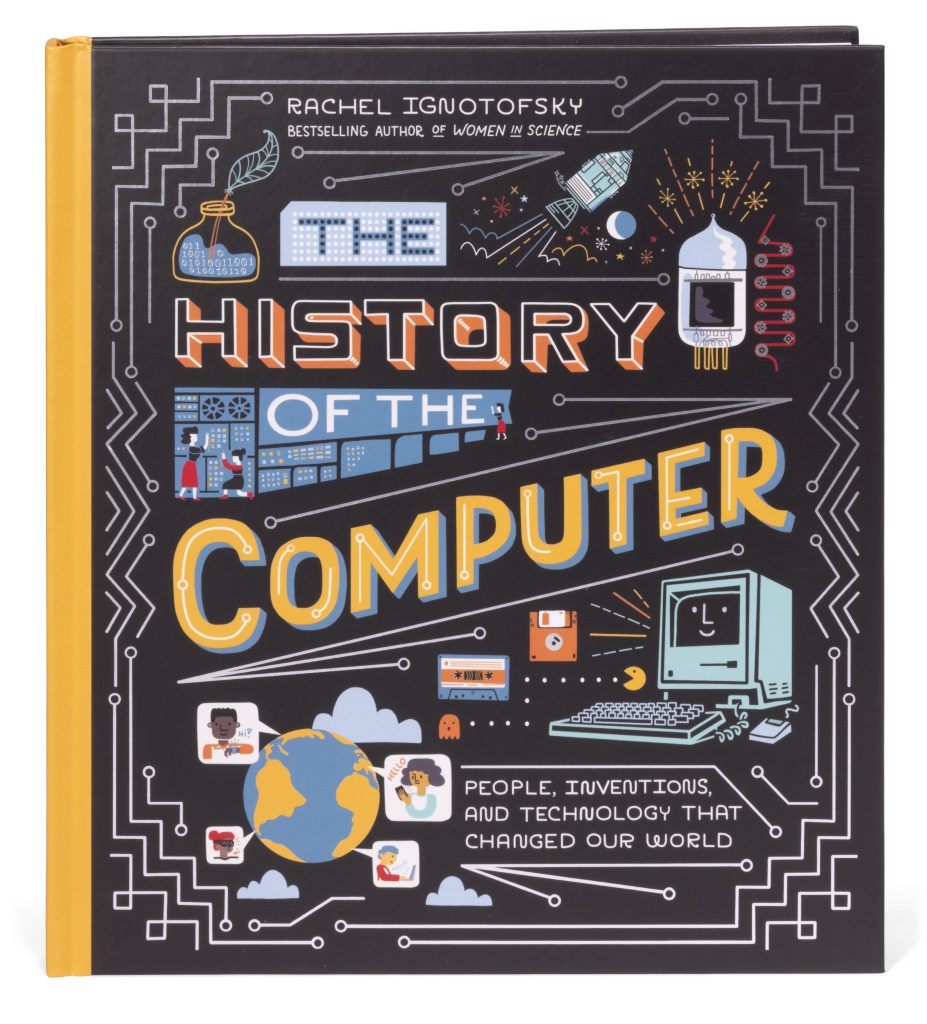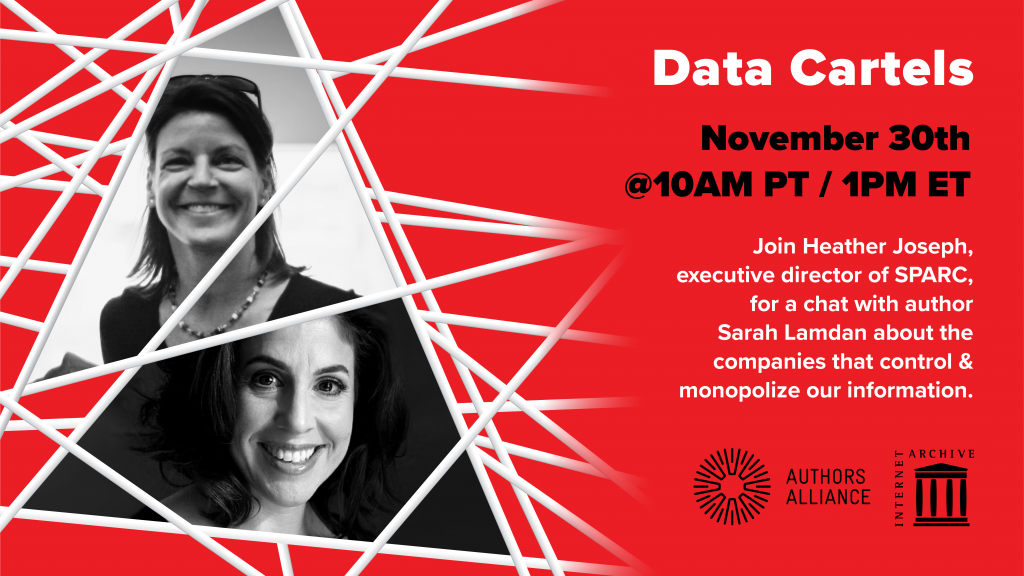
Sarah Lamdan was working as an academic law librarian at the City University of New York in 2017 when something concerning caught her eye.
“I was really startled and confused because I didn’t understand how Lexis and Westlaw would be doing ICE surveillance,” said Lamdan, who wondered about the potential impact on the campus’ immigrant population and her role as a librarian in giving away data.
Lamdan and a colleague wrote a blog for the American Association of Law Libraries raising questions. However, within minutes, at the “advice of legal counsel,” the post was removed, Lamden said. She didn’t know why they were not allowed to raise the issue, and her quest for answers began.
“It made me really, really curious,” Lamdan said. “That started this five-year course of research to unpack what these companies really are, what they’re doing, how they can be the main legal information providers and also be building surveillance systems.”
She shares her findings in “Data Cartels: The Companies that Control and Monopolize Our Information” published in November by Stanford University Press. Lamdan talked about her book with SPARC Executive Director Heather Joseph at an online webinar November 30 sponsored by the Internet Archive and the Authors Alliance. [Recording available here]
Watch Session Recording
The U.S. Immigration and Customs Enforcement (ICE) was building an invasive data surveillance system and journalists reported that Thomson Reuters and LexisNexis were interested in participating. She quickly realized that those were the parent companies of the gold-standard legal databases, Westlaw and Lexis, that Lamdan regularly taught students to use.
The book chronicles the unregulated underworld of a few companies that operate as “data cartels,” highlighting how selling data and informational resources perpetuate social inequalities and threaten the democratic sharing of knowledge.
In her research, Lamdan, who has a law degree and master’s in library science, said she was surprised to discover the scope of the enterprises and ways they leveraged users’ personal data without consent.
“I saw Lexis and Westlaw as these little mom-and-pop legal information expert shops that gave us tote bags and helped sponsor our annual meeting,” Lamdan said. “I didn’t realize that they are actually parts of these multi-billion-dollar giant corporations that are basically like informational warehouses.”
The library community has been increasingly concerned about companies’ commoditization of research, said Joseph, and the book spells about the trend with a sense of urgency.
“We think of these companies as content providers, but they’re more than that,” Joseph said. “They have a multiplicity of companies that have different functions under the umbrella company name and what those divisions do is critically important. For example, having one company essentially, owning the legal corpus of the United States and then controlling the data of people who access that information and distributing it is unbelievable.”
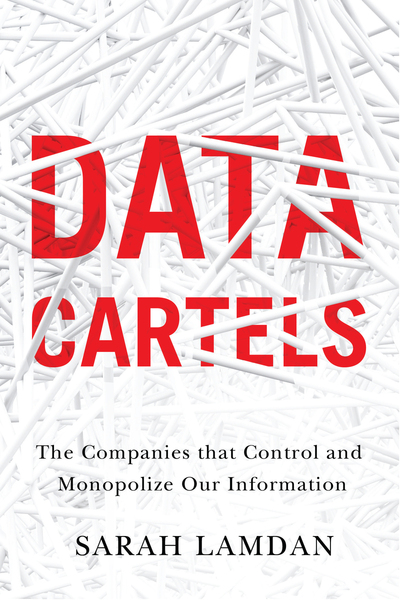
Too often, people view legal or academic publishers as benign distributors of useful information, Joseph said, but it is big business driven by profit. Companies are increasingly seeing opportunities to expand their services and become data analytic brokers. With so much information in the hands of so few players, these companies have a stronghold over predictive platforms affecting people’s privacy, health and finances.
Information is a unique commodity, Lamdan said, because one information product cannot be replaced with another similar product. Libraries can’t merely unsubscribe to these services or journals because students and attorneys rely on the unique informational products they provide. This has created a classic monopoly problem where consumers have little choice about which products they use, which Lamdan said should be addressed.
“Together, these companies are pivoting from publishing, towards data analytics. They are changing the way our information systems work and the way their markets work,” Lamdan said in the online talk. “They are acting in a way that drives us from information access to these closed walled garden data analytics systems that exploit our personal data and limit access to certain types of information.”
Lamdan is clear that there is no one fix to address the concentration of power in these information companies. She does, however, suggest that federal antitrust laws be revisited and revised to better address digital and data problems. Regulators could intervene to say that companies should not be allowed to be in both the business of providing critically important information to the public, and the business of selling personal data products to the government simultaneously.
Joseph said the broader community can break its dependency on these companies by expanding open access and creating an infrastructure that does not rely on commercial enterprises for information. Approaching knowledge as a public good, rather than a private commodity, can also shift the framework for how information is disseminated.
To find out more about Lamdan’s book or to purchase a copy, click here.
